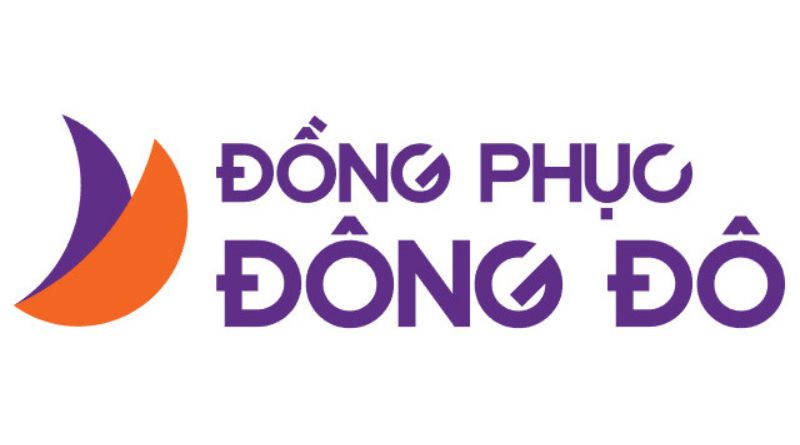Emma Argues with Principal Figgins

In the world of education, conflicts between teachers and school administrators are not uncommon. These clashes often stem from differences in pedagogical approaches, disciplinary policies, or administrative decisions. One such notable incident that garnered attention was when Emma, a dedicated and experienced teacher, found herself in a heated argument with Principal Figgins. In this article, we will delve into the details of this confrontation, examining the underlying issues and their implications for the school community.
The Background
To understand the context of the argument between Emma and Principal Figgins, it’s essential to know a bit about their roles and responsibilities. Emma, an accomplished educator with years of experience, had a reputation for her innovative teaching methods and her dedication to her students’ success. On the other hand, Principal Figgins, responsible for the overall administration of the school, had a more traditional approach to running the institution.
The Spark
The argument between Emma and Principal Figgins began when a contentious decision was made regarding the school’s curriculum. Emma, known for her expertise in data analysis and a strong advocate for incorporating more modern teaching techniques, had proposed a significant change in the curriculum to better align with current educational trends. Her proposal aimed to integrate data-driven insights, machine learning, and statistics into the classroom, believing it would significantly benefit the students.
Analyzing Emma’s Perspective
From a data analyst’s perspective, Emma’s proposal had substantial merit. Her focus on data analysis, data visualization, and predictive modeling could potentially enhance the learning experience for students. She had conducted extensive research, citing numerous scientific papers that supported her ideas. Emma firmly believed that this approach would better prepare students for the data-driven world they would face in their future careers.
Principal Figgins’ Standpoint
Principal Figgins, while acknowledging the importance of modernizing education, was cautious about implementing such a significant change. His viewpoint, rooted in a more traditional educational background, was that the proposed changes might disrupt the school’s established routines. He argued that a sudden shift in curriculum could confuse both teachers and students, potentially leading to a decline in academic performance.
The Heated Exchange
The clash between Emma and Principal Figgins came to a head during a school board meeting. Emma passionately presented her case, citing scientific papers and real-world examples to support her proposal. Principal Figgins, equally determined, raised concerns about the potential challenges and uncertainties associated with such a radical change.
The debate escalated, with both parties presenting detailed analyses of their positions. Emma’s expertise in machine learning and statistics allowed her to provide intricate insights into the potential benefits, while Principal Figgins emphasized the need for a more gradual approach.
Read Also: Myrtle Gonzalez: Pioneering Data Analysis in the Silent Film Era
The Fallout
Unfortunately, the argument did not conclude with a resolution. The school board decided to postpone any decision on the curriculum change, opting for further discussion and analysis. The incident had lasting effects on the school community, as it highlighted the broader debate between traditional and modern teaching methods.
(FAQs) related to the topic “Emma Argues with Principal Figgins”:
- Why did Emma argue with Principal Figgins?
- Emma and Principal Figgins had a disagreement over proposed changes to the school’s curriculum. Emma advocated for a more data-driven and modernized approach, while Principal Figgins was more cautious about making such significant changes.
- What were the key points of contention in their argument?
- The primary point of contention was the proposed curriculum changes. Emma believed in incorporating data analysis, data visualization, and predictive modeling into the curriculum, citing potential benefits, while Principal Figgins was concerned about the potential disruption this could cause.
- Did the argument between Emma and Principal Figgins have any lasting impact on the school?
- Yes, the argument had a lasting impact as it led to a postponement of the decision on curriculum changes. It also highlighted the broader debate between traditional and modern teaching methods within the school community.
- How did Emma support her argument?
- Emma supported her argument with extensive research and scientific papers that showcased the benefits of data-driven teaching methods. Her expertise in machine learning and statistics allowed her to provide detailed insights into the potential advantages.
- What was Principal Figgins’ perspective on the issue?
- Principal Figgins was more cautious about implementing significant changes to the curriculum. He believed that a gradual approach was necessary to avoid disrupting established routines and potentially harming academic performance.
Conclusion
The clash between Emma and Principal Figgins serves as a microcosm of the ongoing discussions within the education sector. It demonstrates the challenges that arise when data-driven, innovative approaches clash with traditional methodologies. As a data analyst, Emma’s emphasis on empirical evidence and scientific research was clear, while Principal Figgins represented the cautious approach of preserving established systems.
In the end, the argument between Emma and Principal Figgins is a reminder that progress in education requires a delicate balance between embracing new techniques and respecting established practices. The school community, like many others, must navigate this fine line as they strive to provide the best education for their students.







